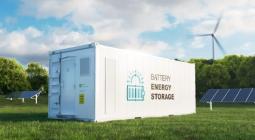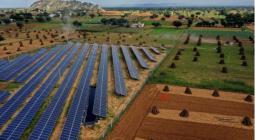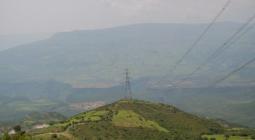SOUTH AFRICA: EDF and Mulilo to invest $375m in electricity storage
In South Africa, the consortium formed by Électricité de France (EDF) and Mulilo Energy Holdings has been named preferred bidder for three electricity storage projects. Work will start in mid-2024.
Electricity storage is essential to reduce the impact of the intermittency associated with the production of certain renewable energies. In South Africa, the government has launched its Independent Power Purchase through Energy Storage Programme (BESIPPPP) to accelerate private investment in electricity storage. Following a call for tenders issued by the Department of Mineral Resources and Energy, the consortium comprising Électricité de France (EDF) and Mulilo Energy Holdings was appointed preferred bidder for the construction of the Oasis Aggeneis, Oasis Mookodi and Oasis Nieuwehoop storage systems.
“Achieving preferred bidder status for the majority of the capacity procured through South Africa’s first public tender for battery storage, in collaboration with EDF, marks an important milestone in Mulilo’s accelerated growth journey,” said Robert Helms, Partner at Copenhagen Infrastructure Partners (CIP), Mulilo’s majority shareholder.
An investment of 375 million dollars
The three facilities will have a storage capacity of 1,028 MWh/257 MW, for a total investment of 7 billion South African rand, or just over 375 million dollars. According to CIP, construction work on these battery storage systems will begin in mid-2024 in the Northern Cape and North West provinces. Once completed, the facilities will be operated under a 15-year power purchase agreement (PPA) with state-owned utility Eskom.
In addition to EDF and Mulilo, Norwegian company Scatec has also been selected in the first BESIPPPP tender to install a battery storage system at the Ferrum substation in the Northern Cape province. This infrastructure will be built in the wake of the Risk Mitigation Programme for Independent Power Producers (RMIPPPP) launched in response to the electricity crisis, which has already enabled the construction of several solar photovoltaic power plants in South Africa.
Cover photo: By AFRIK21





